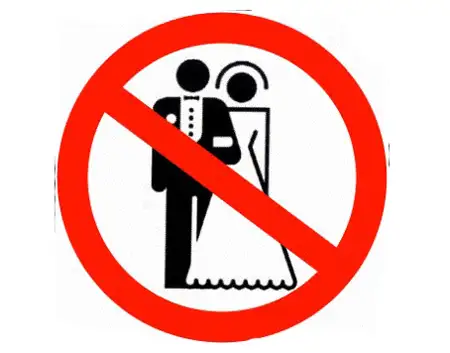Aversion 1100 Words You Need
Aversion 1100 Words You Need
/əˈvɜː.ʃən/ (noun)
Aversion definition
a feeling of strong dislike, a lack of willingness, hatred, loathing, repugnance, distaste, hate, antipathy, detestation, abhorrence, repulsion, disgust
Example
Food aversion may be cultural, psychological or physiological, and defined by personal preference or by society. The reasons for such aversion remain unclear, yet are presumed to be a measure of protection from food unsuitable for eating.
Besides emotional or cultural disgust, aversion to certain foodstuffs may correspond to a personal or collective attitude, which is, for the most part, unfounded. Brussels sprouts or oysters are neither harmful nor stigmatised, yet they often create aversion. Even the idea of eating insects or larvae may seem repulsive, although they are harmless and even nutritious. Orange juice, served in a container designed for a urine sample, triggers disgust. The fear of contamination accentuates our resistance; an insect in a glass would not only spoil the drink, but even make the consumer feel self-disgust. This idea goes beyond rational thinking to the realms of the imagination, creating a magical connection between eating and eaters, as reflected in the German proverb ‘Man ist, was man isst’ [You are what you eat] (Ludwig Feuerbach). Our behaviour may also be rationalised as, for example, defence against poisonous mushrooms or protection of endangered species such as whales.
Source: https://www.alimentarium.org/
Antonyms
liking, willingness
Parts of speech
Adjective: averse
Noun: averseness
Adverb: aversely



